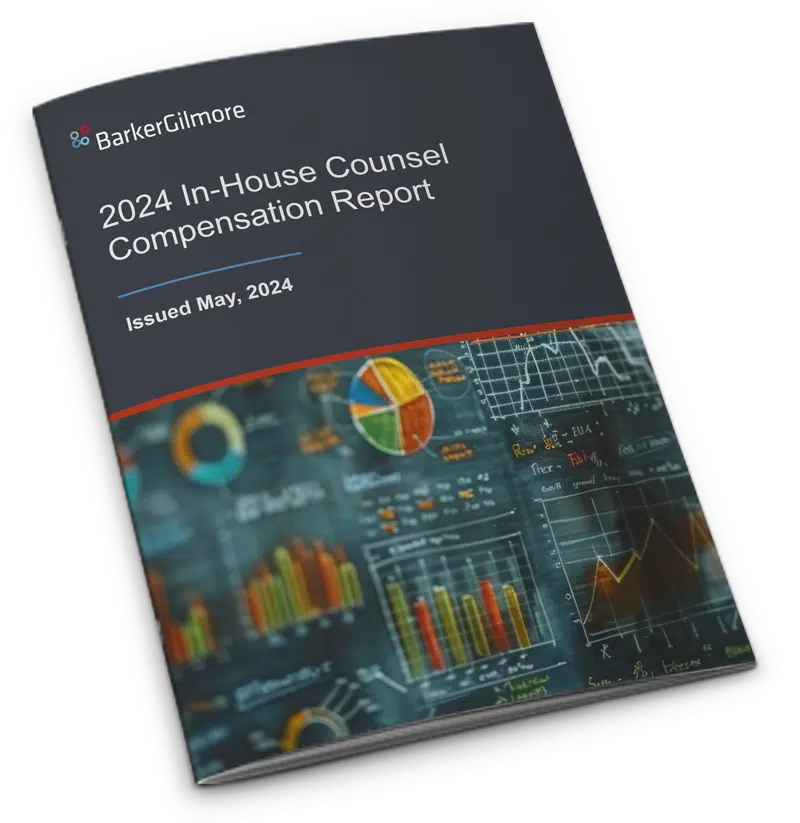When emotional intelligence (EQ) burst on the scene in the 1990s, it was seen as the answer to the troubling observation that IQ alone was not a great predictor of professional success. Researchers confirmed that EQ was a critical consideration in predicting success (Dr. Travis Bradberry, Why You Need Emotional Intelligence).
In our work, we’ve learned how critical EQ is as a predictor of success in the in-house counsel role, especially as the role evolved beyond a functional focus on legal expertise and emerged as a key component of many companies’ strategic leadership.
As a result, our vetting of candidates and the coaching we provide clients for their own vetting always includes a very intentional focus on determining candidates’ EQ. In fact, this recognition of the importance of EQ led us to become certified in the Hogan Personality Profile assessment and Hogan EQ service.
Assessing EQ
In general, here’s what we want to learn about candidates; these categories are strong indicators of high EQ:
- How self-aware are they about their own emotions, and the emotional reactions they typically have to people and situations?
- How skilled are they at managing their reactions when conditions or situations change dramatically and without warning?
- How developed are their social awareness skills, especially relative to understanding others’ emotions and motivations?
- Have they developed effective skills at managing and dealing with others’ emotions and the behaviors that come with reactions?
We’ve learned that candidates with well-developed skills in each of these four areas are best equipped to build the kind of relationships, both inside their companies and with outside constituents, that in-house counsel require to succeed. So our vetting process includes deep exploration around relationship building, from the awareness of the importance of relationships to the skills candidates have built and utilized to make them effective.
Additionally, it’s important to understand a candidate’s EQ relative to their perspectives and reactions in high stress situations. We want to learn about their actual experiences in situations that were moving fast and had serious potential internal and external implications, and would be directly influenced by their judgments and behaviors.
And it’s not just what they did that provides insight, but what they learned from it and how they view the experience today. Because EQ has a lot to do with how people learn from the biggest events, and the degree to which they can be introspective and see themselves through the eyes of others.
Looking In The Mirror
A great indicator of EQ development is a personality and reputation gap analysis. It starts with asking the candidate to look in the mirror to assess their personality and reputation by asking them to think about what their key constituents would honestly say about them. Comparing their responses with responses from references provides great insights into self-awareness and the maturity they have to recognize what others see in them.
In our years of placing great in-house candidates, we’ve learned that focusing only on intelligence, legal skills, experience and knowledge to identify top candidates misses those predictors of success related to EQ and personality.
Many clients come to us having experienced disappointment in a recent search because they didn’t consider all of the dimensions that predict a great fit and long-term performance in potential placements. If this resonates with your experiences, and you want better results in your next search, let’s talk!
Connect with a legal recruiting advisor
* indicates required fields







